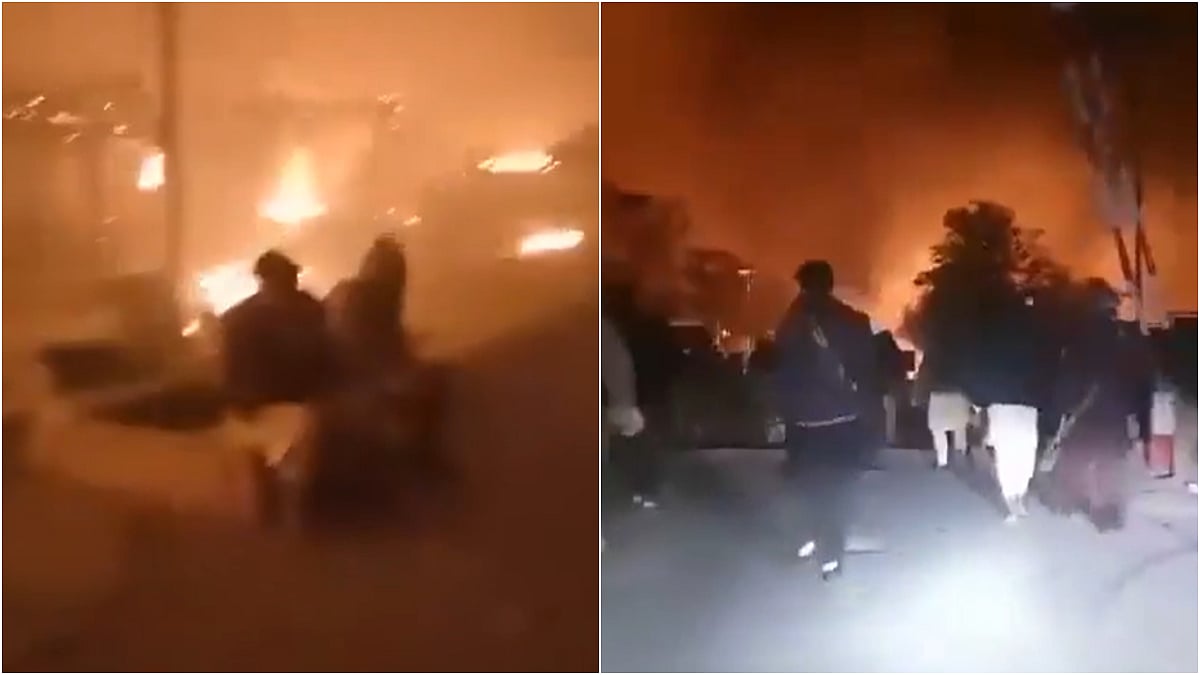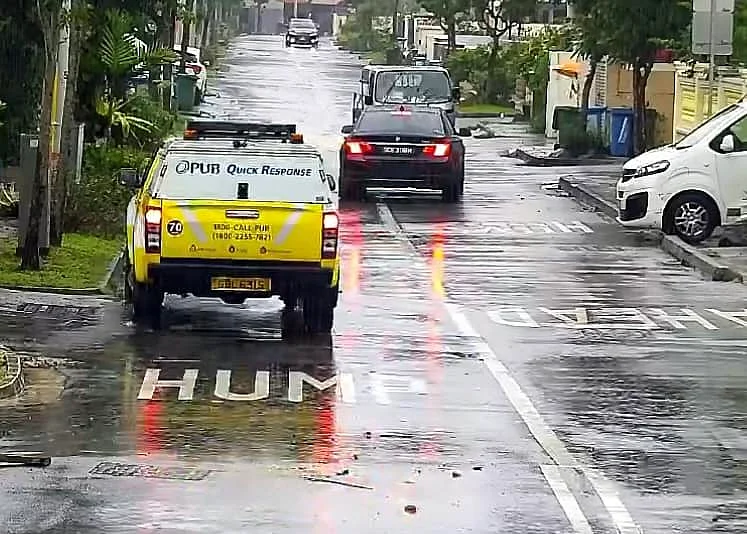The Saudi Arabian government has released a 10-point directive ahead of the upcoming holy month of Ramadan, which begins on March 22. The document includes several rules and restrictions on the practice of Ramadan, including limitations on mosque loudspeakers, curbs on donations, and a ban on the broadcasting of prayers within mosques.
The Minister of Islamic Affairs, Dawah and Guidance, Sheikh Abdullatif Bin Abdulaziz Al-Alsheikh, circulated the guidelines on Friday, directing the residents of the kingdom to follow them during the month of Ramadan.
1. One of the guidelines forbids mosques from collecting monetary donations for meals.
2. It also directs that such meals should be prepared and held in designated areas outside of the mosque.
3. These meals should also be conducted under the responsibility of the imam (who leads Islamic worship services) and muezzin (the official who proclaims the call to the daily prayer five times a day at a mosque).
4. The Ministry's instructions also mandate that these two officials be present throughout the month except in cases of "extreme necessity."
5. They must ensure that evening prayers (Tarawih) and night prayers (Tahajjud) are completed with sufficient time so as not to inconvenience worshippers.
6. They must authorize the i'tikaaf, or seclusion, in the mosque during the last ten days of Ramadan.
7. Additionally, the use of cameras and photography within mosques is banned.
8. Worshippers are prohibited from bringing children to mosques.
9. The Ministry's guidelines also include a limit on the volume of mosque loudspeakers emitting the call to prayer.
10. Worshippers are encouraged to read useful books about the mosque, as regulated by circulars issued by the Ministry.
These restrictions have received criticism from Muslims worldwide, who see them as attempts by the Saudi government to limit the influence of Islam in public life. However, in a telephone interview with the Saudi news channel Al-Saudiya, a Ministry spokesperson addressed concerns, stating that the guidelines are meant to preserve the sanctity and cleanliness of the mosque.
The spokesperson also claimed the ban on filming and broadcasting prayers aims “to protect platforms from exploitation and was not issued due to mistrust of imams, preachers, or lecturers but rather to avoid any mistake, especially if it was unintended.”










